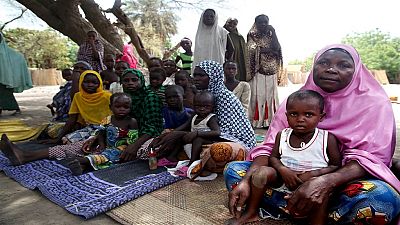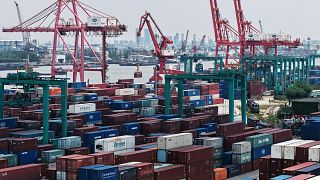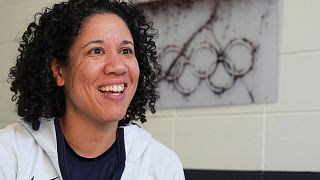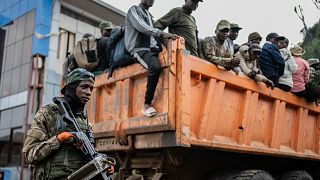Weather
More than 5.6 million children are at high risk of contracting waterborne diseases, such as cholera and diarrhoea infections, in conflict-affected areas of countries around Lake Chad as rainy seasons begin, the United Nations Children’s Fund, UNICEF warned on Saturday.
“Unsafe water, inadequate sanitation and poor hygiene conditions can lead to cholera outbreaks and to Hepatitis E, a deadly disease for pregnant women and their babies, while standing water pools can attract malaria-carrying mosquitoes. Staving off disease is our top priority,” Marie Pierre Poirier, UNICEF Regional Director for West and Central Africa said.
In Diffa region of Niger, over 150,000 people live in makeshift tents and will be exposed to the heavy rains that are expected very soon.
Security concerns have also been raised after UNICEF claimed it was difficult to supply basic amenities to the refugees. Poor state of the roads have also hindered transportation further limiting humanitarian access.
UNICEF said they are working with its partners across the Lake Chad region, in communities at higher risk of cholera outbreaks to teach families about the effects of the disease and practical steps like hand washing to help avoid infection.
While in Niger, Cameroon and Chad, essential drugs and bars of soap have been prepositioned in warehouses close to IDP camps in case of a cholera outbreak.













01:52
UN's crucial humanitarian aid work faces a clouded future amid cuts in funds
02:00
Refugees in Kenyan camp face hunger after USAID funding freeze
Go to video
A decade on, Lesbos still bears the scars of the refugee crisis
01:37
Sudan faces rapidly-spreading cholera outbreak, 1000 daily cases in capital
01:11
'Devastating milestone': More than 4 million people have fled Sudan since start of civil war
01:12
Cameroon tops list of world's most neglected displacement crises